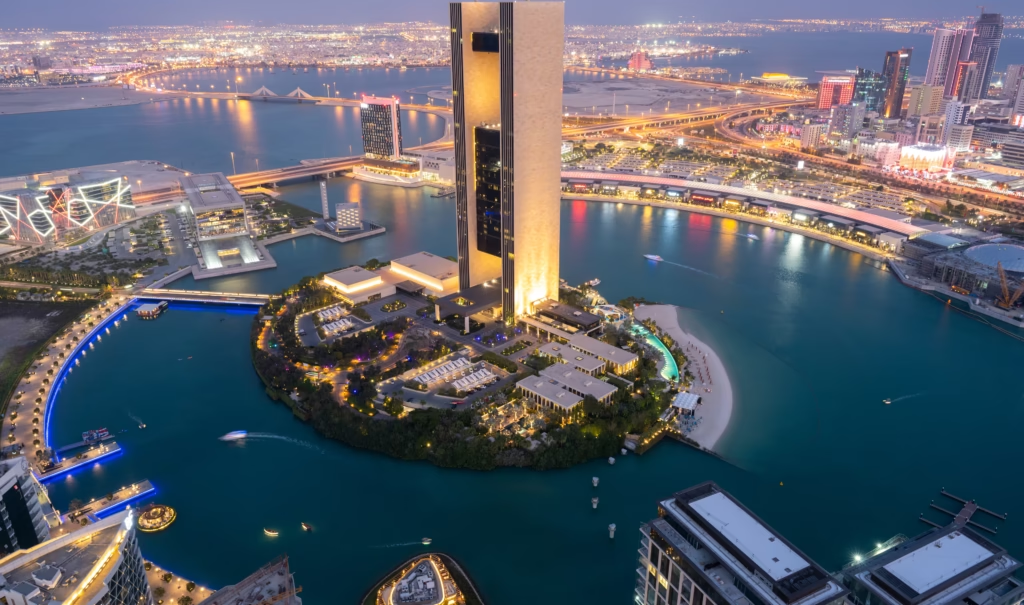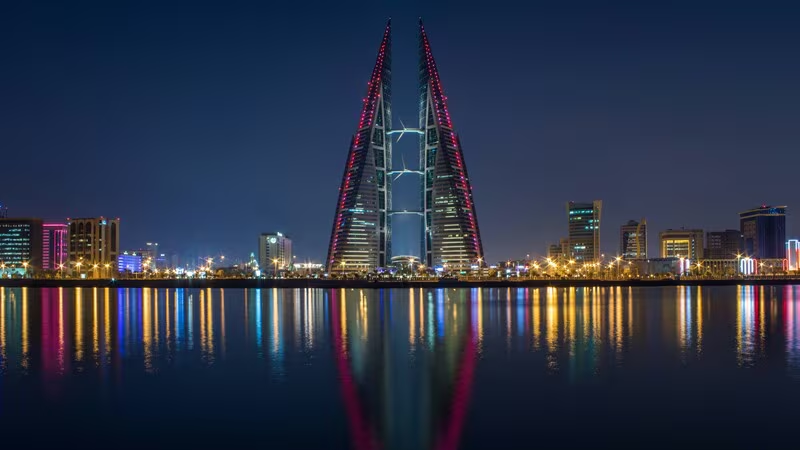Introduction
Gulf countries golden schemes are transforming the region from oil-dependent economies into hubs of innovation, clean energy, and sustainable development. Once heavily reliant on fossil fuels, Gulf nations are now investing in ambitious plans that aim to secure a greener future for their citizens and the planet.
These schemes go beyond economic diversification. They focus on renewable energy, smart cities, environmental conservation, and social reforms, combining modern technology with traditional strengths. By implementing these golden schemes, Gulf countries are paving the way to a sustainable future that balances prosperity, environmental protection, and quality of life.
Understanding Gulf Countries Golden Schemes
Gulf countries golden schemes refer to large-scale strategic plans designed to ensure long-term economic stability and environmental sustainability. These initiatives include:
- Diversification of the economy away from oil
- Investment in renewable energy and clean technology
- Development of smart and sustainable cities
- Promotion of green finance and entrepreneurship
- Social and educational reforms to prepare future generations
These schemes are “golden” because they offer both economic growth and sustainable development. They represent a bold vision to transform the region while addressing global challenges like climate change and resource scarcity.

Shifting from Oil to Renewable Energy
For decades, the Gulf’s wealth came from oil exports. While this brought prosperity, it also created vulnerabilities to fluctuating oil prices and global energy transitions. Recognizing this, Gulf nations have started investing heavily in renewable energy.
The United Arab Emirates has established the Mohammed bin Rashid Al Maktoum Solar Park, one of the largest solar power projects in the world. Saudi Arabia is developing the Sudair Solar Plant and other renewable projects to supply clean energy to millions of homes. Qatar’s Al Kharsaah Solar Plant and Oman’s solar and wind initiatives also show the region’s commitment to reducing dependence on fossil fuels.
These investments demonstrate that Gulf countries golden schemes are focused on creating cleaner energy systems while preparing for a future less reliant on oil.
Smart Cities as a Model for Sustainability
Another key component of Gulf countries golden schemes is the development of smart, sustainable cities.
Saudi Arabia’s NEOM city is designed to be fully powered by renewable energy, featuring cutting-edge technology, autonomous transport, and eco-friendly urban planning. In Abu Dhabi, Masdar City serves as a hub for clean technology research and innovation. Dubai continues to develop green infrastructure and smart governance systems.
These cities are living laboratories for sustainability. They aim to test and implement advanced technologies that can reduce carbon footprints, improve quality of life, and attract global investors and skilled professionals.
Diversifying Economies Beyond Oil
Economic diversification is a central goal of Gulf countries golden schemes. Governments are investing in industries such as tourism, technology, logistics, and finance to reduce reliance on oil revenues.
Tourism is growing rapidly, with Saudi Arabia opening heritage sites like AlUla and Red Sea resorts to international visitors. Qatar leverages cultural and sports tourism following the FIFA World Cup 2022. The UAE focuses on tourism, digital services, and creative industries to maintain sustainable growth.
Technology and finance sectors are expanding, with the UAE leading in fintech, artificial intelligence, and green finance. These investments are generating jobs, encouraging entrepreneurship, and ensuring the long-term viability of the region’s economies.
Addressing Environmental Challenges
Gulf countries face unique environmental challenges, including high temperatures, water scarcity, and rising sea levels. These realities make sustainability a priority in the golden schemes.
Governments are investing in:
- Renewable-powered water desalination projects
- Sustainable agriculture and irrigation systems
- Waste reduction and recycling programs
- Renewable energy-based power systems
The UAE has committed to achieving net-zero carbon emissions by 2050, while Saudi Arabia has pledged net-zero by 2060. These efforts reflect a serious commitment to environmental protection while supporting economic growth.
Social Transformation Through Sustainability
Gulf countries golden schemes also emphasize social reforms and human capital development. Education systems are being updated to focus on STEM subjects, preparing students for careers in technology, energy, and sustainability.
Women’s participation in the workforce is increasing, contributing to innovation and leadership. Youth programs encourage entrepreneurship and green initiatives. These social reforms ensure that the benefits of sustainable development are shared broadly and that the workforce is ready for future challenges.
International Cooperation and Global Impact
The success of Gulf countries golden schemes relies on global partnerships. Gulf nations collaborate with international firms, research institutions, and governments to share knowledge and technology.
Events like COP28 in Dubai showcase the region’s role in global sustainability initiatives. Gulf countries are also investing abroad in renewable projects and sustainable startups, positioning themselves as leaders in international climate action.
Challenges Ahead
Despite the progress, Gulf countries golden schemes face obstacles.
- Heavy reliance on oil still exists in many areas.
- Political tensions and regional instability can affect project execution.
- Large-scale projects require significant investment and long-term commitment.
- Public awareness and participation are essential for sustainability initiatives to succeed.
For the schemes to achieve their full potential, consistent action, transparency, and inclusive planning will be critical.
The Road Ahead
Gulf countries golden schemes are setting the foundation for a sustainable future in the Middle East. By combining renewable energy, smart city planning, economic diversification, social reforms, and international partnerships, the region is redefining its future.
These efforts demonstrate that sustainability and prosperity can coexist. Gulf nations are showing that a shift from oil dependence to innovation and clean energy is not only possible but also essential for long-term growth.
Conclusion
Gulf countries golden schemes are paving the way to a sustainable future. Through investments in renewable energy, smart cities, and social reforms, these initiatives aim to create greener, more resilient economies.
While challenges remain, the Gulf is positioning itself as a global leader in sustainability, showing how traditional wealth can be transformed into a modern, environmentally conscious vision. These golden schemes offer a model for other resource-rich nations seeking a sustainable and prosperous future
Read More: https://gulfmagazine.co/saudi-arabias-health-department-invests-in-ai/



